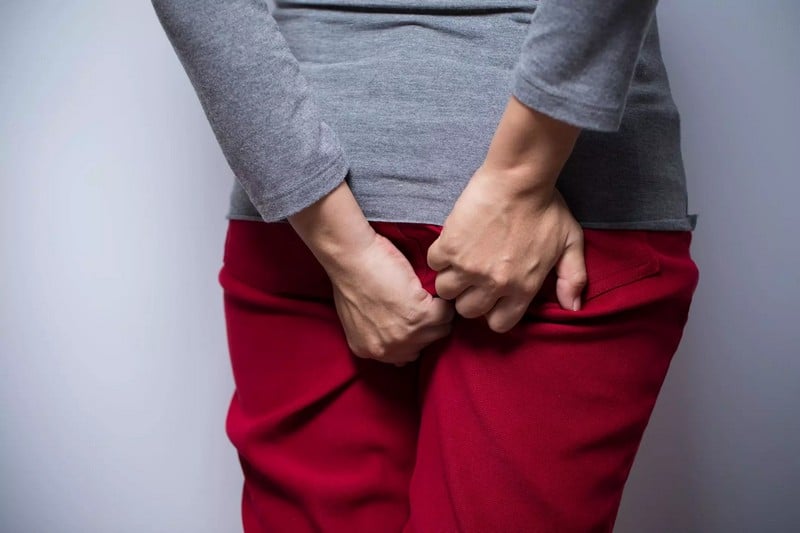Hemorrhoids or piles appear as an abnormal mass of blood vessels that are dilated and engorged in swollen tissues that break easily. They can occur externally around your anus or internally at the anal canal. External hemorrhoids could be marked with itching, pain, or bleeding. Internal hemorrhoids typically protrude through the anus’ outer sphincter.
Hemorrhoids have four classifications. Grade 1 hemorrhoids are within the rectum and do not project out of the anal opening. Grade 2 hemorrhoids can stick out of the anus, particularly during bowel movements, but they can simultaneously retract into the rectum. Grade 3 hemorrhoids extend out of the anus. A person with third-degree hemorrhoids must push it back manually. When someone has Grade 4 hemorrhoids, the mass protrudes further outside the anus. The swollen tissue will not retract spontaneously. Likewise, it is not possible to push it back manually. It is usual for fourth-degree hemorrhoids to have a blood clot (thrombus).
About three in four adults occasionally have hemorrhoids. While the condition has several causes, the cause is often unknown. Doctors say that hemorrhoids are not dangerous but painful and uncomfortable. However, you can learn some of their symptoms to seek treatment to remedy the condition.
Itching/Irritation in the Anal Region

The most common cause of occasional anal itching or pruritus ani is yeast or fungus infection. Anal itching is usually a symptom of enlarged hemorrhoid. Hemorrhoids cause the leakage of fungus, stool, and moisture. Therefore, it could worsen the itching when you repeatedly wipe, scratch, or clean the area, especially with harsh cleansers. And the condition frequently becomes worse in the evening or after a bowel movement.
You can have an anal itch when internal hemorrhoid protrudes from the anus. The action brings out the mucus that can irritate the sensitive area around your anus, causing you to itch. If the hemorrhoid does not retract, mucus production continues along with the itchiness. Moreover, an inflammatory reaction from hemorrhoids contributes to the symptom. Aside from inflammation, anal itching could be due to improper rubbing from toilet paper, washcloths, skin-to-skin rubbing, and clothing.
If you have external hemorrhoids with blood clots, the clots may heal independently, but they could leave skin tags or excess skin behind. These skin tags may become irritated and itch. The itching could also be due to particles of feces trapped by the skin tags, which contribute to the condition.










